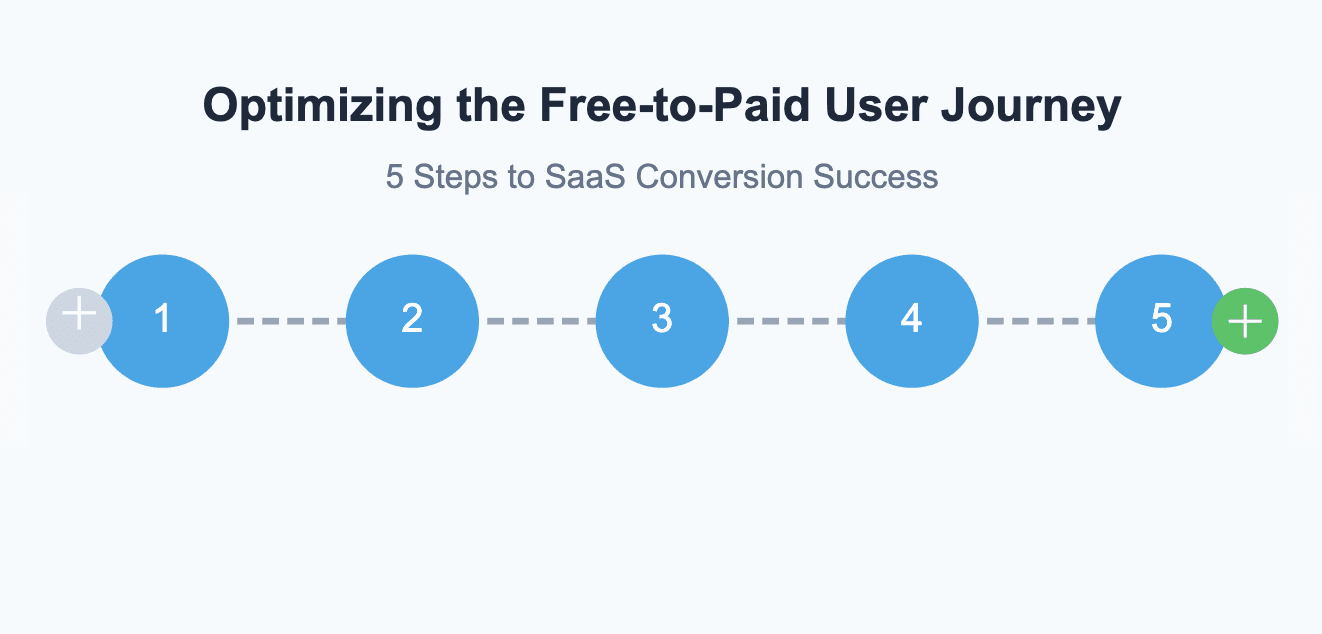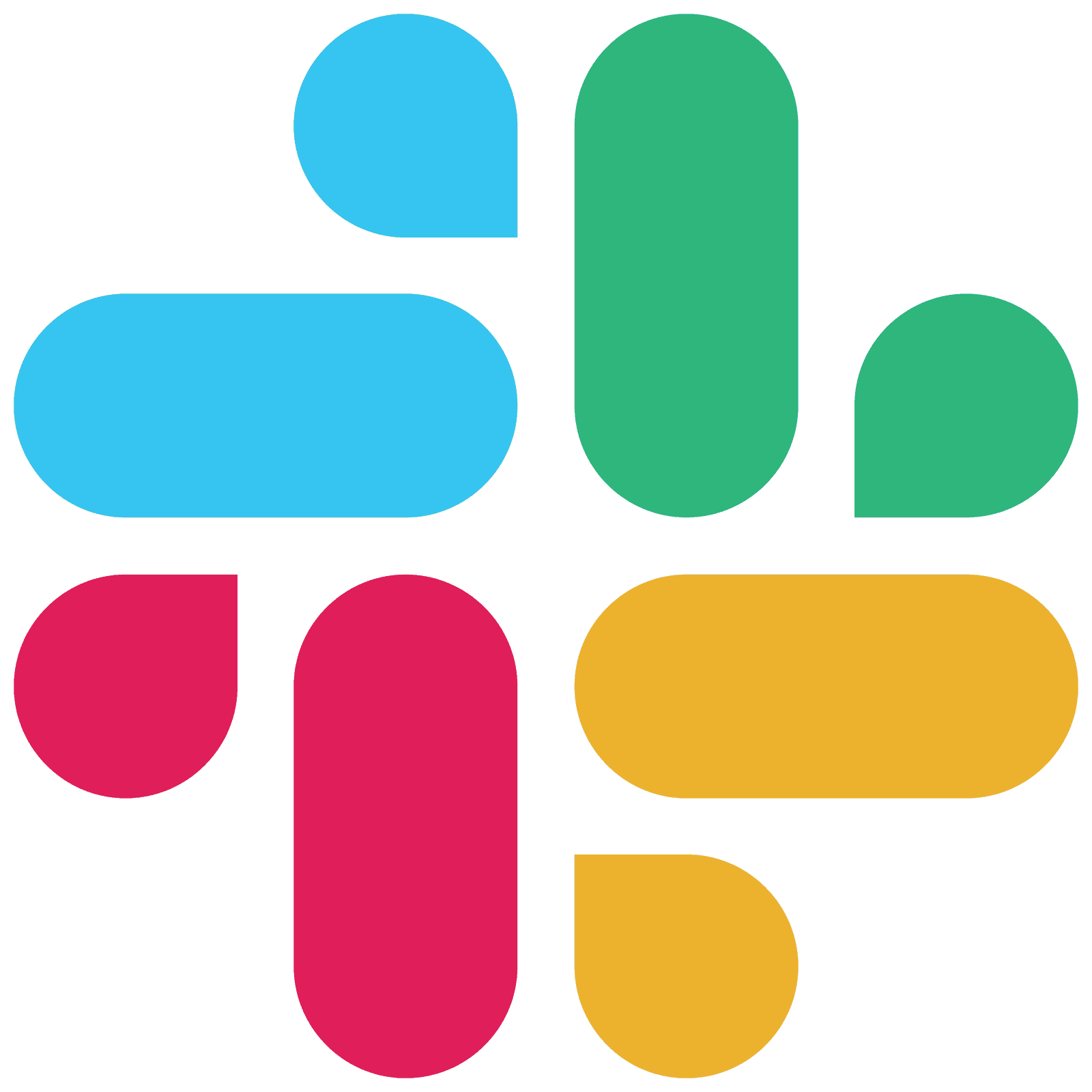
Optimizing the Free-to-Paid User Journey in SaaS in 5 Steps

by
Wiktoria Slowikowska
Nov 21, 2024
Identify and convert your most valuable users
Sign Up
Converting free users into paying customers is a critical milestone for SaaS businesses. But this process isn’t just about persuading users to pay—it’s about creating a seamless journey where they naturally see the value of upgrading. When done thoughtfully, this journey not only increases conversions but also builds trust, loyalty, and advocacy for your product. Let’s explore the key steps to optimizing the free-to-paid user journey, ensuring it feels valuable and engaging at every stage.
The Free-to-Paid User Journey: Why It Matters
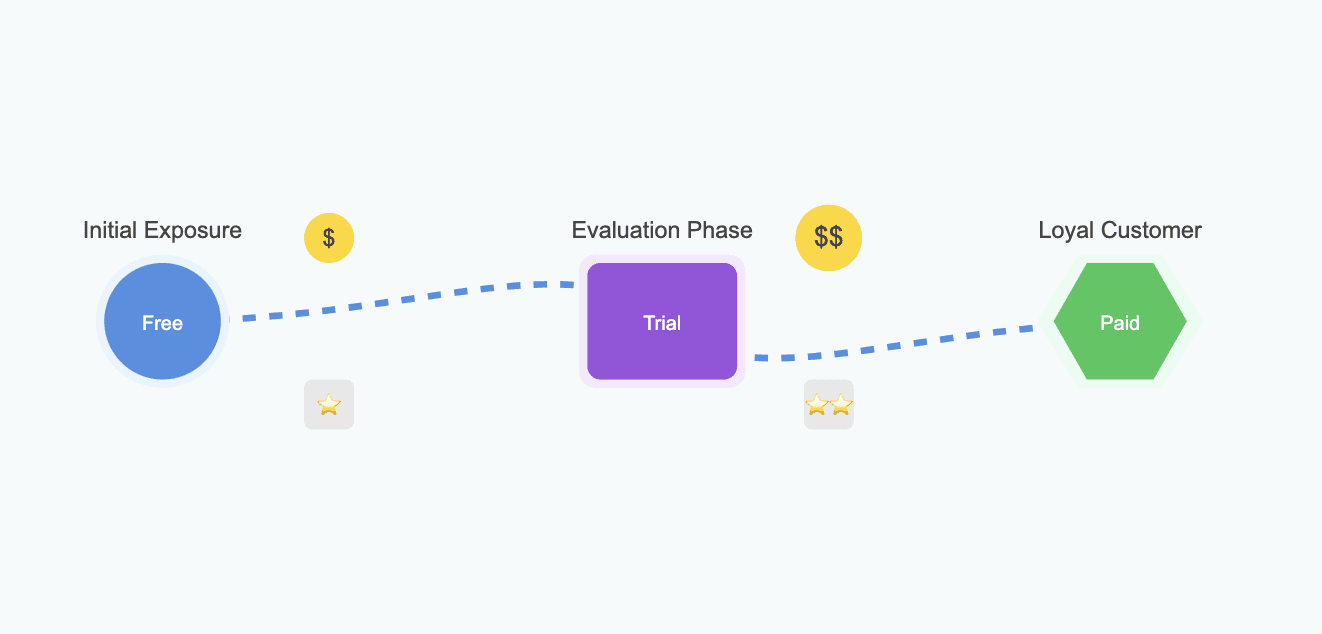
The free-to-paid journey reflects how users interact with your SaaS product, from initial exposure to becoming a loyal customer. Optimizing this journey helps address common challenges like low conversion rates, user drop-offs, or confusion around product value. Success lies in designing a journey that aligns with your users’ needs and motivations, showcasing why your paid features are indispensable.
Here’s a breakdown of the key stages to focus on.
Step 1: Create a Stellar Onboarding Experience
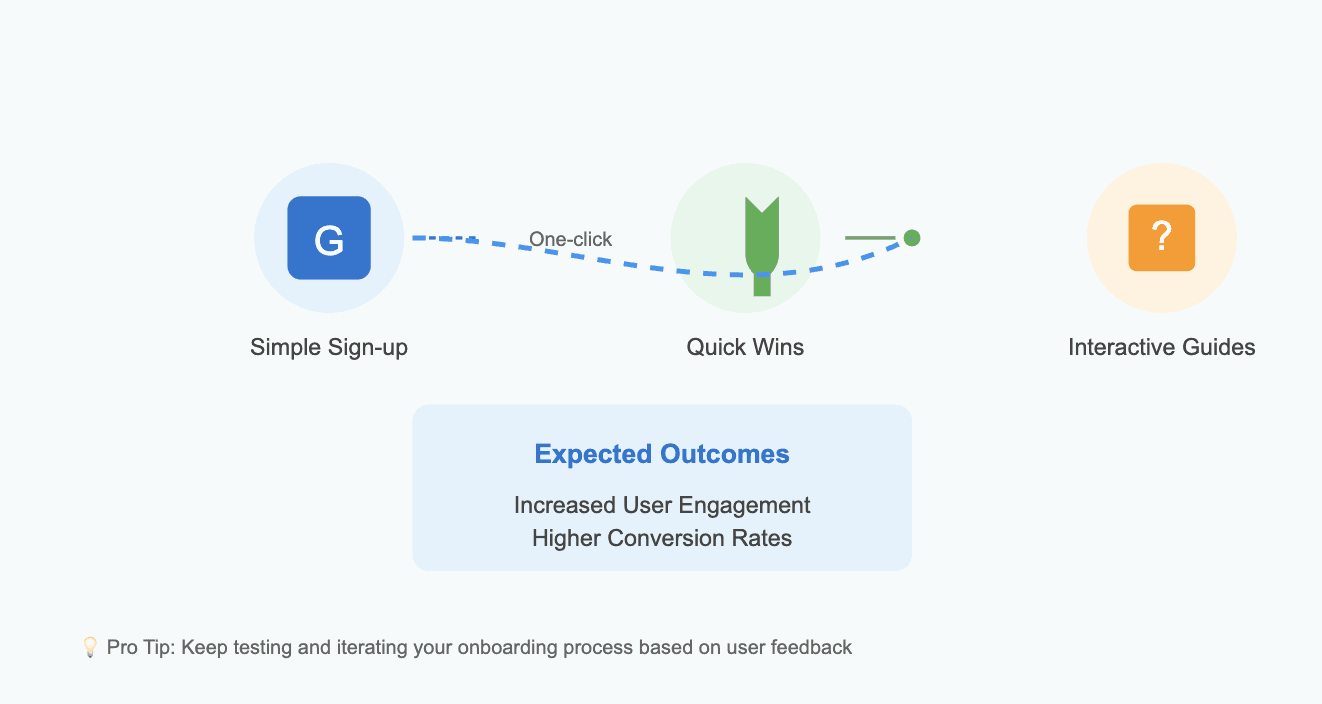
The onboarding phase is where you make your first impression. A poor onboarding experience—such as a confusing interface or lack of clear instructions—can deter users from exploring your product further.
How to Optimize Onboarding
Simplify the Start
Keep sign-up requirements minimal. If possible, offer a one-click sign-up process through Google or social logins to eliminate barriers.
Focus on Quick Wins
Guide users toward achieving an immediate result that demonstrates your product’s value. For example, if your software is a project management tool, show them how to create their first task within minutes.
Use Visual and Interactive Guides
Add tooltips, tutorials, or short videos that walk users through your platform’s key features. Interactive product tours can be particularly effective for hands-on learning.
The faster users experience your product's core benefit, the more likely they are to stick around and consider upgrading.
Step 2: Continuously Communicate Value
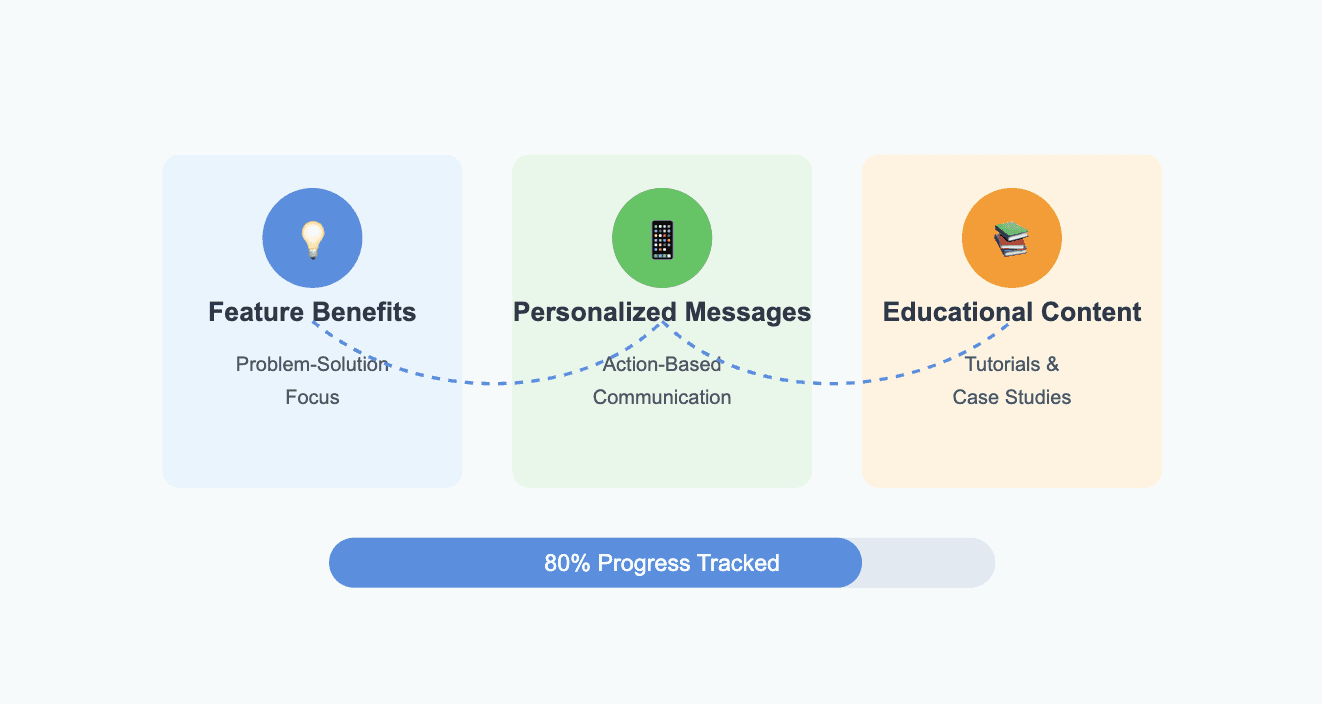
During the free phase, users are evaluating whether your product solves their problem effectively. To move them closer to conversion, you need to consistently reinforce the value of your offering.
Strategies to Reinforce Value
Highlight Feature Benefits
Don’t just describe features—show how they solve problems. For example, instead of saying “analytics dashboard available,” emphasize “track your team’s performance in real time to meet deadlines faster.”
Personalize Messaging
Tailor emails and in-app messages to users’ actions. If a user engages with a specific feature, send tips or success stories related to it.
Educate Through Content
Provide tutorials, webinars, or case studies that show the full potential of your product. Education bridges the gap between curiosity and confidence, making users feel they’re investing in something worthwhile.
Remind Them of Their Progress
Show metrics that prove their success with your product, such as “You’ve completed 80% of your tasks this week. Upgrade to track even more projects.”
Step 3: Offer Seamless Access to Premium Features
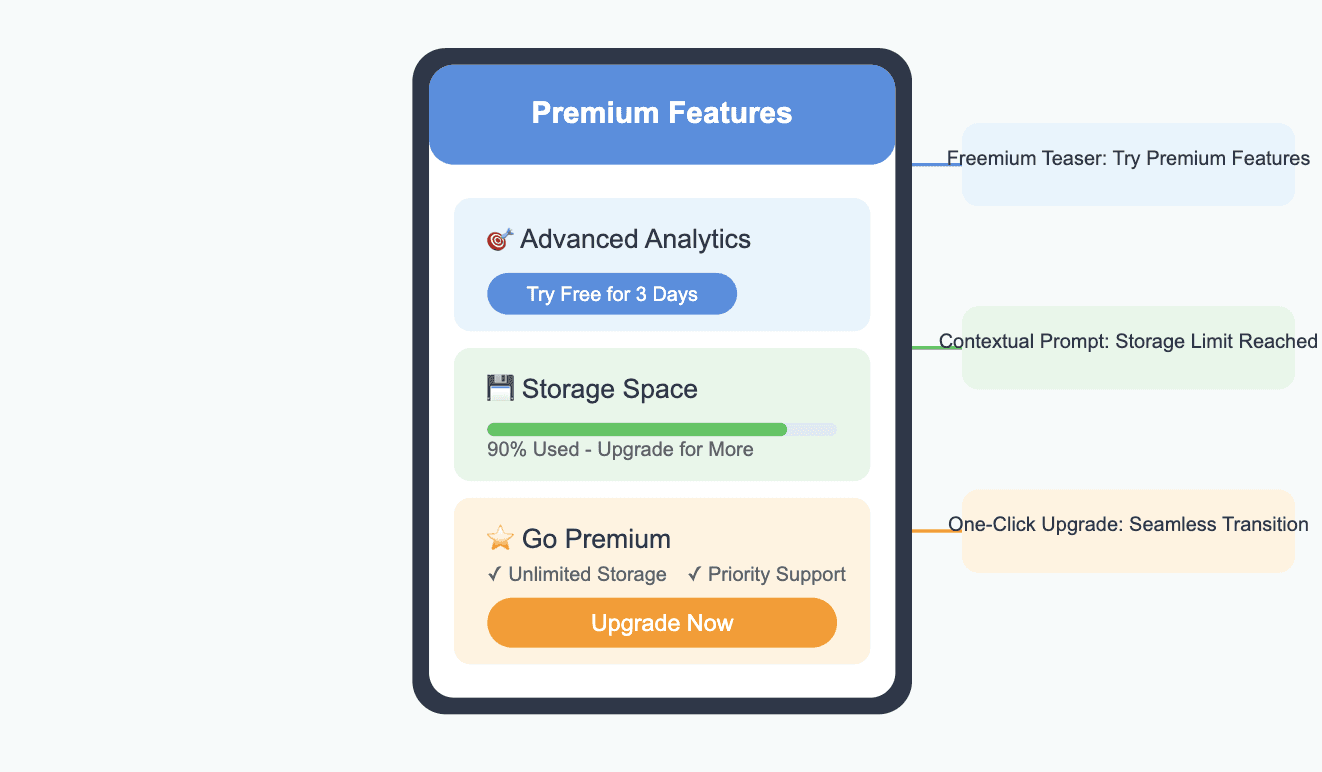
A powerful way to encourage upgrades is by giving users a taste of what your premium features offer. This approach builds curiosity and demonstrates the additional value a paid plan can bring.
Best Practices for Introducing Premium Features
Freemium Teasers
Allow free users to access certain premium features on a trial basis or with limited functionality. For instance, “Try our advanced reporting tool free for 3 days!”
Contextual Upselling
Promote premium features at the right time. For example, if a user runs out of free storage, prompt them with, “Upgrade now for unlimited space and advanced security.”
Eliminate Disruptions
Ensure the transition from free to paid feels effortless. When users encounter a premium feature, the upgrade process should involve just a few clicks. Avoid lengthy forms or complicated steps that might cause frustration.
By letting users experience premium features, you’re not selling an abstract promise—you’re showing real, tangible benefits.
Step 4: Address Common Friction Points
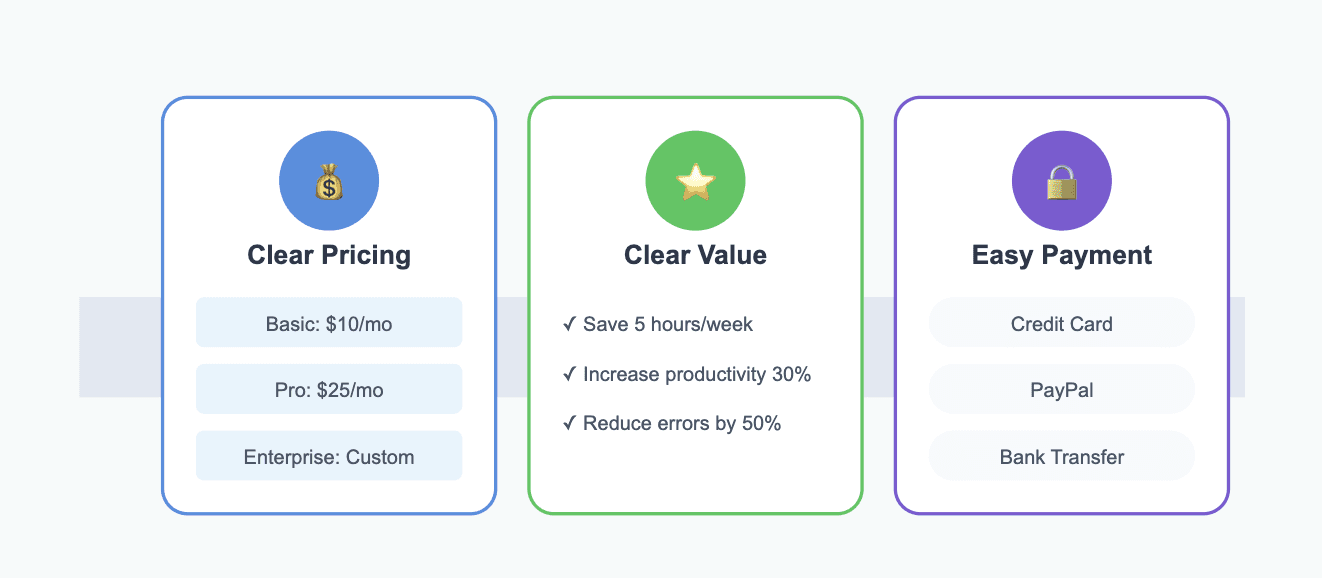
Friction can derail even the most enthusiastic users. Removing obstacles at every stage of the journey ensures that users remain engaged and confident in their decision to upgrade.
Identifying and Eliminating Friction
Confusion Around Pricing
Make your pricing model simple and transparent. If your plans are tiered, clearly outline what’s included in each plan to avoid ambiguity.Unclear Product Value
Use onboarding and ongoing communication to highlight the most impactful aspects of your product. Avoid overwhelming users with every feature at once.Payment Barriers
Offer multiple payment methods and currencies to cater to a global audience. Include assurances like “Secure checkout” to build trust during the transaction.Limited Support
Users often have questions before committing to a paid plan. Provide accessible, responsive support options like live chat or a detailed FAQ section to address concerns in real-time.
By smoothing out these pain points, you remove the hesitation users might feel before converting.
Step 5: Cultivate Loyalty After Conversion
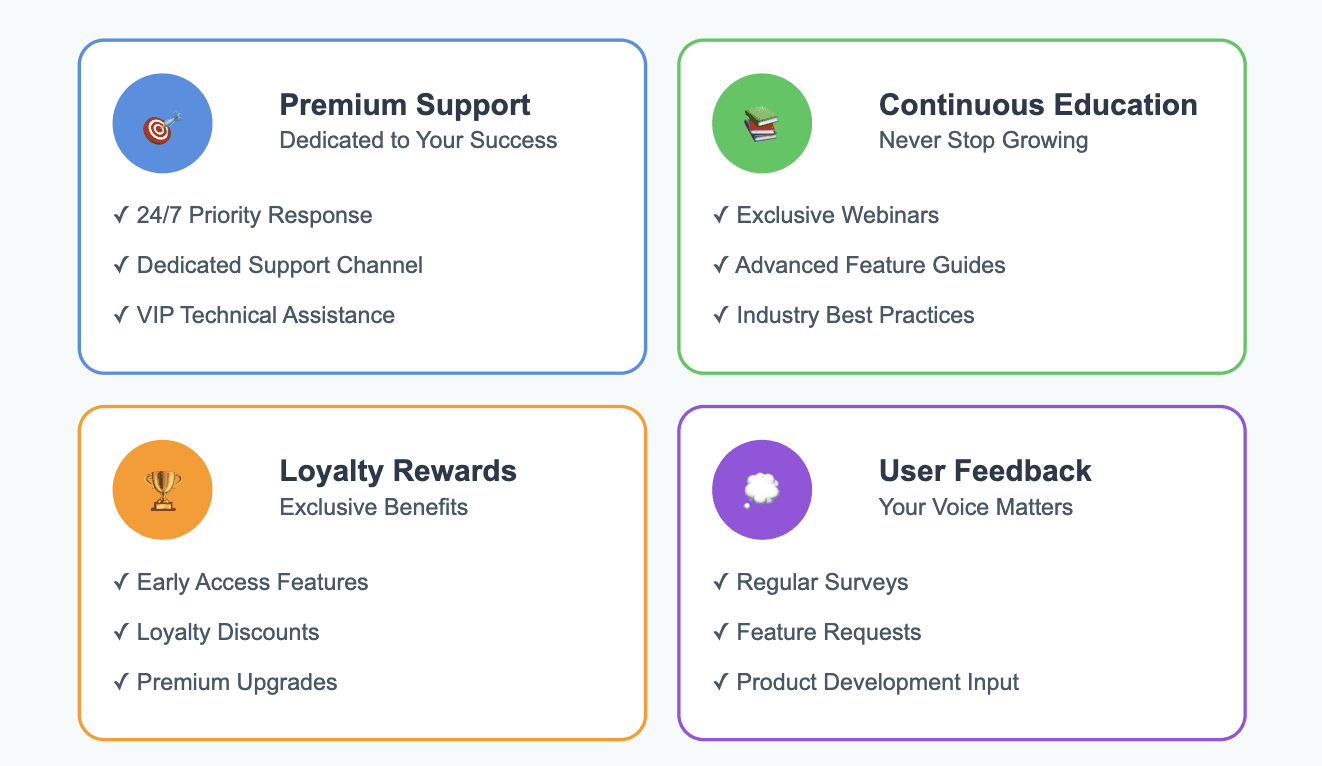
The user journey doesn’t end with conversion—it evolves into building lasting relationships. Retaining paying customers is as important as acquiring them. Happy customers are more likely to renew their subscriptions, explore additional features, and recommend your product to others.
How to Nurture Long-Term Loyalty
Provide Exceptional Customer Support
Offer fast, helpful responses to user inquiries. A dedicated support channel for premium users adds an extra layer of value.
Offer Continuous Education
Share advanced tips, exclusive webinars, or updates that show paying users how to maximize their investment.
Recognize Loyalty
Reward long-term subscribers with discounts, free upgrades, or exclusive access to new features. Recognizing your customers fosters goodwill and reinforces the value of sticking around.
Ask for Feedback
Regularly solicit user input on how to improve. Showing that you listen and act on feedback strengthens customer trust and engagement.
Measuring the Effectiveness of Your Strategy
To optimize the free-to-paid journey continuously, track these key metrics:
Activation Rate: The percentage of users who experience the core value of your product during the free trial.
Conversion Rate: The ratio of free users who upgrade to paid plans.
Churn Rate: The percentage of paying customers who cancel their subscriptions.
These metrics offer insights into how well your strategy resonates with users and where improvements are needed.
Final Thoughts
The free-to-paid user journey isn’t about rushing users to make a purchase. Instead, it’s about guiding them through a well-crafted experience that helps them see the value of your product firsthand. With a seamless onboarding process, consistent communication, access to premium features, and a focus on removing friction, you can optimize this journey to boost conversions and foster lasting customer relationships.
Take the time to understand your users, align their needs with your product’s offerings, and refine each touchpoint to ensure the transition from free to paid feels effortless and rewarding. In doing so, you’ll not only grow your SaaS business but also create loyal customers who champion your brand.
